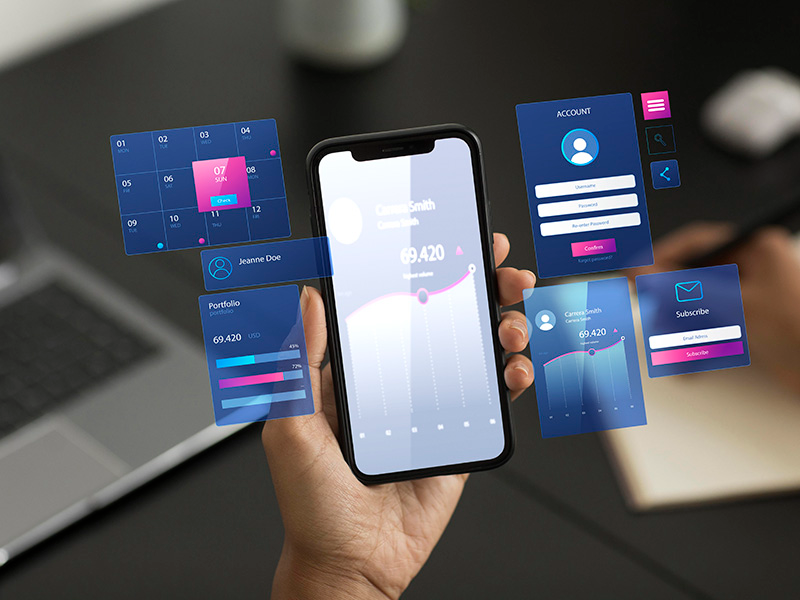Mobile app development is a constantly evolving field, with new technologies and approaches emerging every day. To stay competitive and create apps that meet user expectations, it is essential to follow industry best practices. In fact, this article, we will explore the best practices for mobile app development that can help ensure the success of your app.

Understand Your Mobile App Users’ Needs
The first step in developing a successful mobile app developers uae is to understand the needs and expectations of your users. However, this involves conducting in-depth research on your target audience. Understanding their preferences and behaviors, and clearly defining the goals of your app. In fact, a clear understanding of your users’ needs will help you design an app that provides value to them and meets their expectations.
Design for User Mobile App Experience
Good UX design ensures that your app is not only aesthetically pleasing, but also easy to use and intuitive. This includes designing a clean and simple user interface, ensuring smooth navigation. And minimizing the number of clicks required to complete a task.A
Use the Right Tools
Choosing the right development tools can have a significant impact on the quality of your app. Nevertheless, there are many tools and platforms available for mobile app development companies in uae, each with their own strengths and weaknesses. It is important to choose tools that fit your specific needs and allow you to develop your app efficiently.
Test, Test, Test Mobile App
Testing is a critical step in mobile app development. And ensure that your app works as expected on different devices and operating systems. However, testing should be done throughout the development process, not just after development is complete.
Plan for Scalability
Scalability is another important factor to consider when developing apps. Your application should be designed to handle an increase in users or data without compromising performance. This may involve not only using scalable databases, optimizing code for performance, but also planning for server capacity.
Conclusion
The mobile application test landscape is constantly evolving. For example, here are some key trends to watch:
- Moving to cloud-based testing with cloud-based testing platforms that offer increased scalability, flexibility, and access to a wider range of devices for testing.
- Increased adoption of AI and ML optimized tools that enhance automation capabilities, enabling more sophisticated test case generation and data analysis.
- Focus on security testing As mobile applications handle more sensitive data, security testing will continue to grow in importance to protect against evolving threats.
- Performance testing for emerging technologies adapts to new technologies such as 5G networks and foldable devices.
Mobile app development is a complex process that requires careful planning and precise execution. By following best practices for mobile app development uae, you can increase your chances of creating an app that meets your users’ expectations, functions reliably and efficiently, and stands out in the competitive app market.
Instead, mobile app testing is a critical investment that ensures high-quality, secure, and user-friendly apps. However, implementing a comprehensive testing strategy throughout the development lifecycle. Allows businesses to deliver exceptional mobile experiences that drive user engagement and success.


